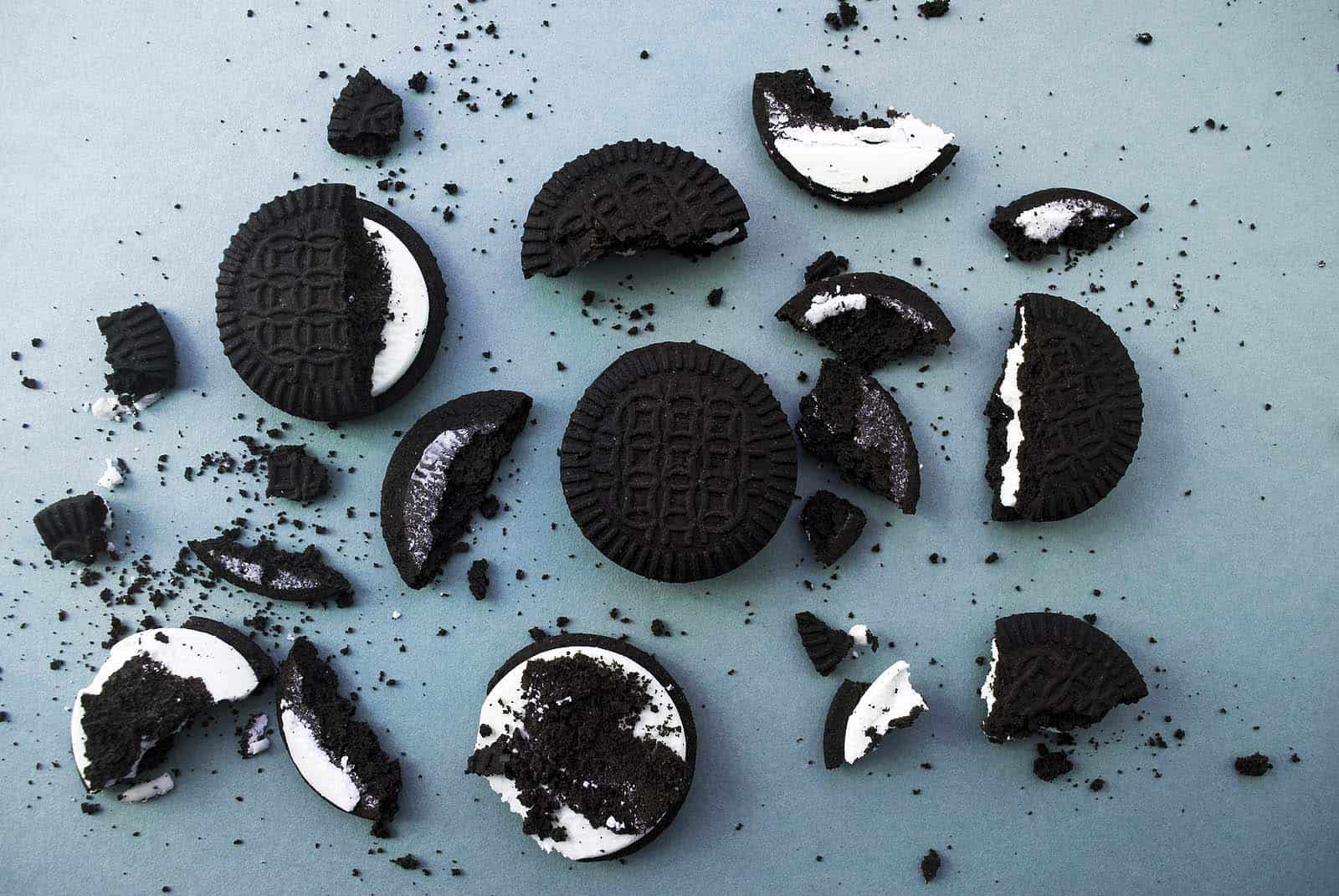What is Sugar Addiction?
Sugar addiction is a condition where the body compulsively craves for something sweet. This behavior allows a person to eat more food than what is normally eaten on a regular diet. Several medical experts have said that sugar is as toxic and as addictive as cocaine.
Why is sugar like cocaine? Sugar activates the same region in the brain as cocaine and it can build a tolerance to people. Hence, people can build dependence and tolerance from sugar which can make them crave for more.
Sugar Consumption Statistics in the United States
- Average sugar consumption is around 17 teaspoons or 72.43 grams daily
- Type II diabetes increased ten times in the last thirty years
- In 2003 to 2010, around 14 percent of total daily calories are added sugars consumed by people ages 6 and older
- The recommended added sugar intake for a person is 5 to 10 percent of total daily calories
- An average American buys 170 liters of sweetened soda drinks annually
- Approximately 2/3 of the total population of American children drinks one sweetened beverage.
- 20.2 percent males and 18.1 percent females have 2 sweetened drinks daily
- 11.5 percent males and 9.5 percent of females have 3 sweetened drinks daily
Recommended Sugar Intake
According to the American Heart Association (AHA), the recommended daily sugar amount for women is 6 teaspoons or 25 grams while for men it’s around 9 teaspoons or 38 grams. Meanwhile, for children, sugar intake varies with age but the average range is between 3 to 6 teaspoons or 12 to 25 grams daily.
What Causes Sugar Addiction?
There are several factors associated with getting sugar addiction. These factors have varying degrees of influence on each individual because of lifestyle and physiological differences. Here are some of the most common culprits for the progression of this condition.
Depression and Stress
Low mood or depression can motivate a person to eat more sugar or food with high sugar content. The reason behind this is because sugar consumption can trigger the release of serotonin which is responsible for balancing mood and behavior. A spike in sugar intake can give a person that happy feeling and ease the burden of stress and depression.
Lack of Sleep
Not getting enough sleep definitely causes imbalances in one’s appetite. How? Several studies have shown that lack of sleep affects two hormones in the body which dictates if a person is hungry or full already. These hormones are called ghrelin or the “hunger hormone” and leptin or the “full hormone”. Insufficient sleep increases ghrelin while reducing leptin hormones. Thus, one tends to eat more but doesn’t realize the feeling of being full already.
Mineral Deficiency
Mineral deficiency is one reason why a person craves for more sugar intake. If a person suffers an iron deficiency, lethargy and sleepiness are felt by the individual. Whereas, if there is a magnesium deficiency, the body is moved to crave chocolates for it contains a high-level of magnesium. These conditions move the body to crave for sugar-rich food and drinks.
Skipping Meals
This action increases sugar intake due to lack of carbohydrates or fuel for the body. Allowing the gut to suffer from long hours without eating makes the brain send signals for sugar craving as there is no carbohydrate to digest and supply energy for the body.
Low Protein
Sufficient amounts of protein in the diet is important as it keeps one’s blood sugar levels balanced. The lack of protein content in one’s diet decreases the amount of sugar level in the blood. Consequently, this triggers the brain and body to crave for sugar in order to achieve balance in blood sugar level.
What are the Signs and Symptoms of Sugar Addiction?
Oftentimes, it is hard to notice if a person is having sugar addiction or not. Knowing some of the common signs and symptoms of this addiction is important as it increases self-awareness. Likewise, one can formulate ways of cutting this behavior in order to prevent further health consequences.
Here are some of the common signs and symptoms.
Bad Skin
A visible example of this is acne. For women, this is very evident as high sugar levels cause hormonal imbalances in the body. Skin breakouts are also caused by too much sugar in the blood.
Dulled taste buds for sweets
Sugar intake can cause tolerance and dependence. When a person is accustomed to very sweet foods, one’s taste bud can no longer be satisfied by the normal amount of sweetness.
Cavity Build-up
Excessive sugar intake paired with low oral hygiene can definitely cause lots of cavities. Sugar serves as food for bacteria inside the mouth. These bacteria feed on sugar which then produces acid inside which destroys the teeth.
Compulsive cravings for sugar
When one is constantly craving sugar like every hour despite having a full meal already, this is a strong sign for sugar addiction.
Lethargy
A sudden decline of energy after not eating sugar or sweet food in a few hours. Sometimes this also comes with low mood experienced by the person due to low sugar-level.
Bloating
This unexplained bloated feeling is caused by the excess amount of fructose which is not absorbed by the body. Fructose is the sugar found in fruits.
Low sex drive
Excess sugar levels in the blood causes a decrease in the production of sex hormones.
Low immune system
High sugar level in the body leads to a weaker immune system because it reduces the performance of white blood cells. Likewise, repetitive high sugar intake can lead to insulin resistance which leads to serious adverse health effects such as type II diabetes.
Weight Gain
If a person takes in too much sugar and is unable to utilize them, it converts to fat and is stored around the stomach.
Insomnia
A person having trouble sleeping may have developed sugar intolerance causing a low sugar level in the body. Sugar helps the production of serotonin which induces sleep due to the relaxation of the mind and body.
What are the Negative Effects of Sugar Addiction?
Uncontrolled and excessive sugar consumption can cause adverse health consequences. If these adverse effects are allowed to develop due to a lack of discipline from cutting this addiction, permanent damage can be experienced, including death.
Here are some of the common consequences of compulsive sugar behavior.
Rapid Weight Gain
Increased Risk for Heart Problems:
o Excessive sugar intake is linked to arteriosclerosis or the clogging up of arteries due to fat build-up
o A person consuming 17 to 21 percent of calories from added sugar has a 38 percent chance of getting a heart disease
The growth of Acne:
High sugar level in the blood promotes oil production and inflammation
Higher chance for Diabetes:
Repetitive excess sugar consumption can lead to insulin resistance, thus, no more balanced sugar level in the blood.
Higher change for Cancer:
Too much sugar in the body decreases the performance of white blood cells. Likewise, there is increased inflammation in the body.
Unstable Mood:
Tolerance and dependence on sugar can disturb a person’s normal mood balance. Men who consume 67 grams of sugar daily are 23 percent more prone to have depression.
Faster Aging Process:
Sugar and protein undergo reactions and form complex compounds which speed up the aging process.
Fatty Liver:
A person who consumes food and drinks with high amounts of fructose has a higher risk for fatty liver. A fast build-up of fructose inside the liver turns to fat when not used by the body.
What are some treatments for Sugar Addiction?
Cutting this behavior is possible. However, proper motivation, discipline, and guidance are the three important tools you need to overcome this addiction. Here are some simple ways one can follow to slowly regain independence from sugar.
- Eat Healthy!
Stay away from sweet food and instead go for the protein-rich and fiber-rich meals. To ensure that one is having the right food, better be the one to prepare it. Eating sweet fruits is better than having a slice of cake. Go for food which has natural sugars and not added sugars like soda drinks and sweetened beverages.
- Get Enough Sleep
Getting enough sleep helps maintain the balance between the “hungry hormone” and the “full hormone”. Likewise, a person with enough sleep is less likely to experience depression which could stimulate the brain to crave for sugar.
- Avoid Artificial Sweeteners
One must avoid this for it triggers sugar cravings
- Never Skip Meals
This increases the risk of craving a higher amount of sugar.
- Do small amounts of exercise like walking
This helps the person burn some calories off the body so that there’ll be no sugar build up.
- Keep the body hydrated with water
The low water level in the body can cause blood sugar level to rise. Drink plenty of water daily to keep the body hydrated.





